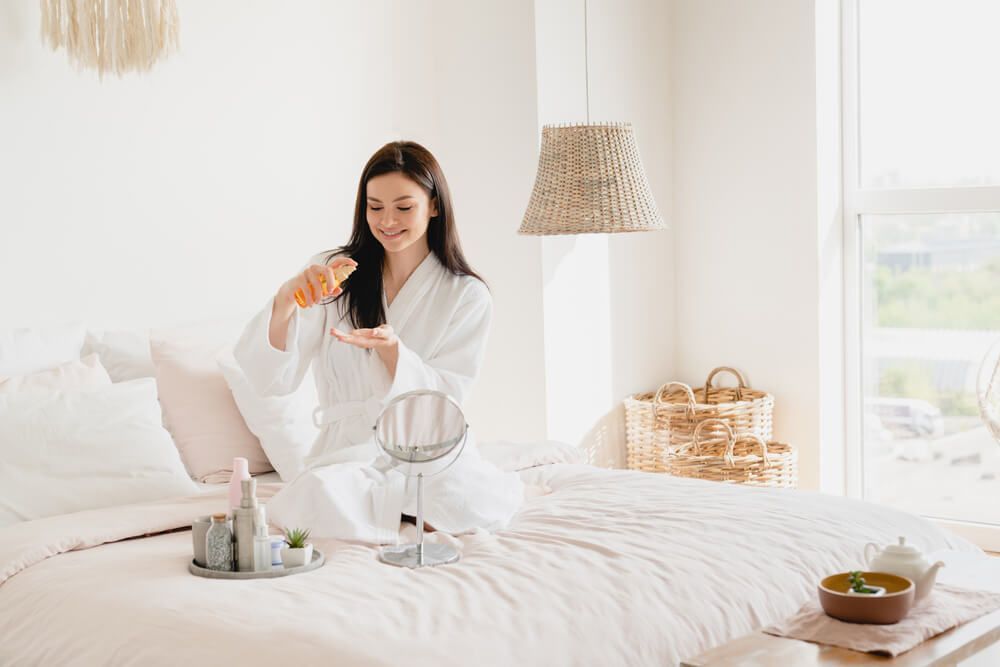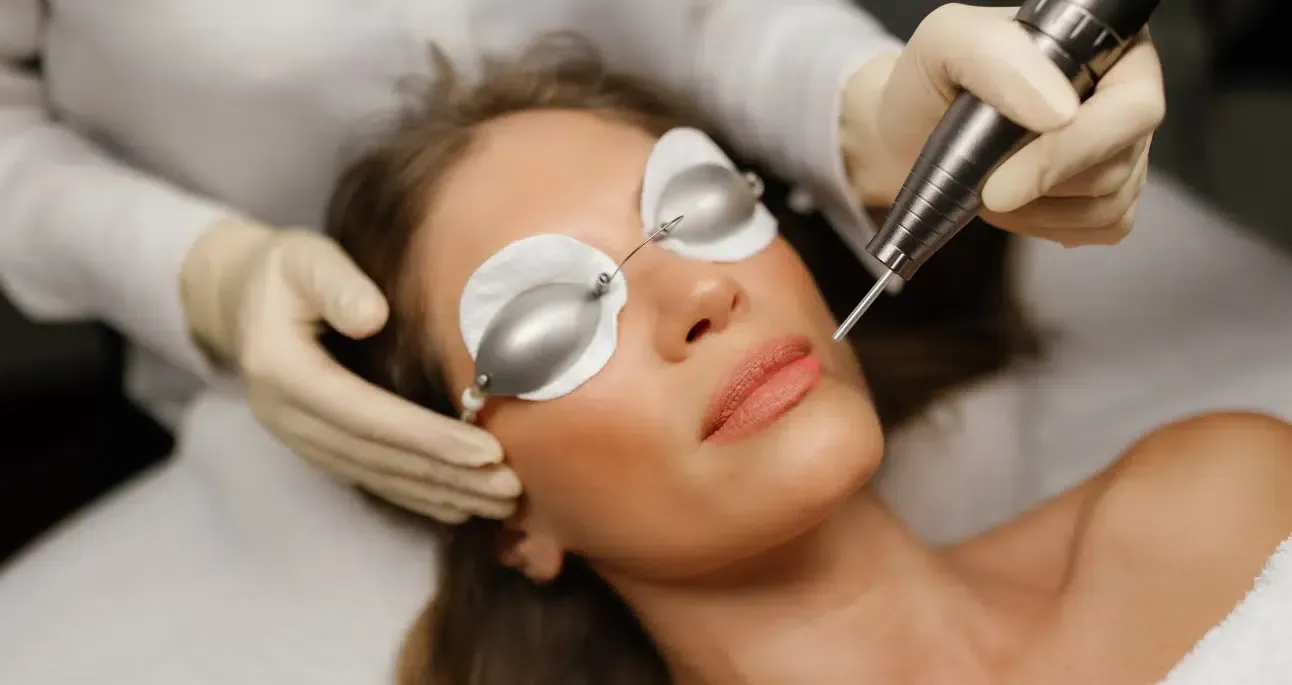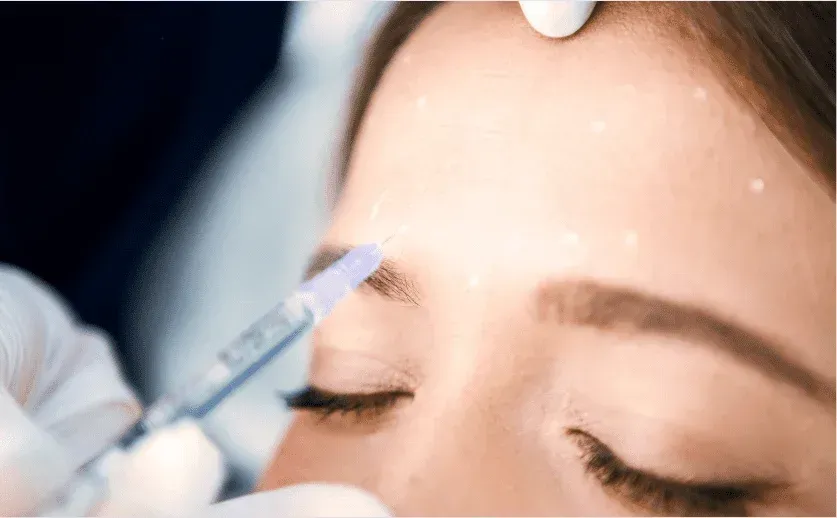Best Anti-Aging Creams for Youthful Skin
Visible signs of skin aging—such as fine lines, loss of elasticity, and uneven tone—often emerge in your 30s and accelerate over time. This guide to anti-aging creams for rejuvenation explains how topical formulations harness ingredients like retinol, hyaluronic acid, and peptides to restore firmness, boost hydration, and minimize wrinkles. You will learn about anti-aging creams, which actives deliver the best results, how to choose formulations for your skin type, top product recommendations, and step-by-step routines for morning, night, and complementary care.
What Are Anti-Aging Creams and How Do They Promote Youthful Skin?
Anti-aging creams are topical formulations designed to support collagen synthesis, accelerate cellular turnover, and protect against environmental damage. By delivering targeted actives into the epidermis, these creams improve skin elasticity, daily moisture retention, and overall texture, laying the groundwork for visible rejuvenation.
What key benefits do anti-aging creams provide for skin rejuvenation?
Anti-aging creams provide essential rejuvenation benefits such as:
- Enhanced hydration to restore plumpness and smooth fine lines
- Stimulated collagen production for firmer, more elastic skin
- Antioxidant protection to prevent UV-induced damage and discoloration
Improved tone and resilience set the stage for exploring the mechanisms behind wrinkle reduction.
How do anti-aging creams work to reduce wrinkles and fine lines?
Anti-aging creams work by stimulating dermal renewal and reinforcing structural proteins:
- Retinol accelerates cell turnover and collagen synthesis.
- Peptides signal fibroblasts to rebuild the extracellular matrix.
- Antioxidants neutralize free radicals that degrade elastin fibers.
Targeting these mechanisms yields a smoother surface and reduced fine lines, pointing toward the key actives you need.
Which active ingredients are essential in anti-aging creams?
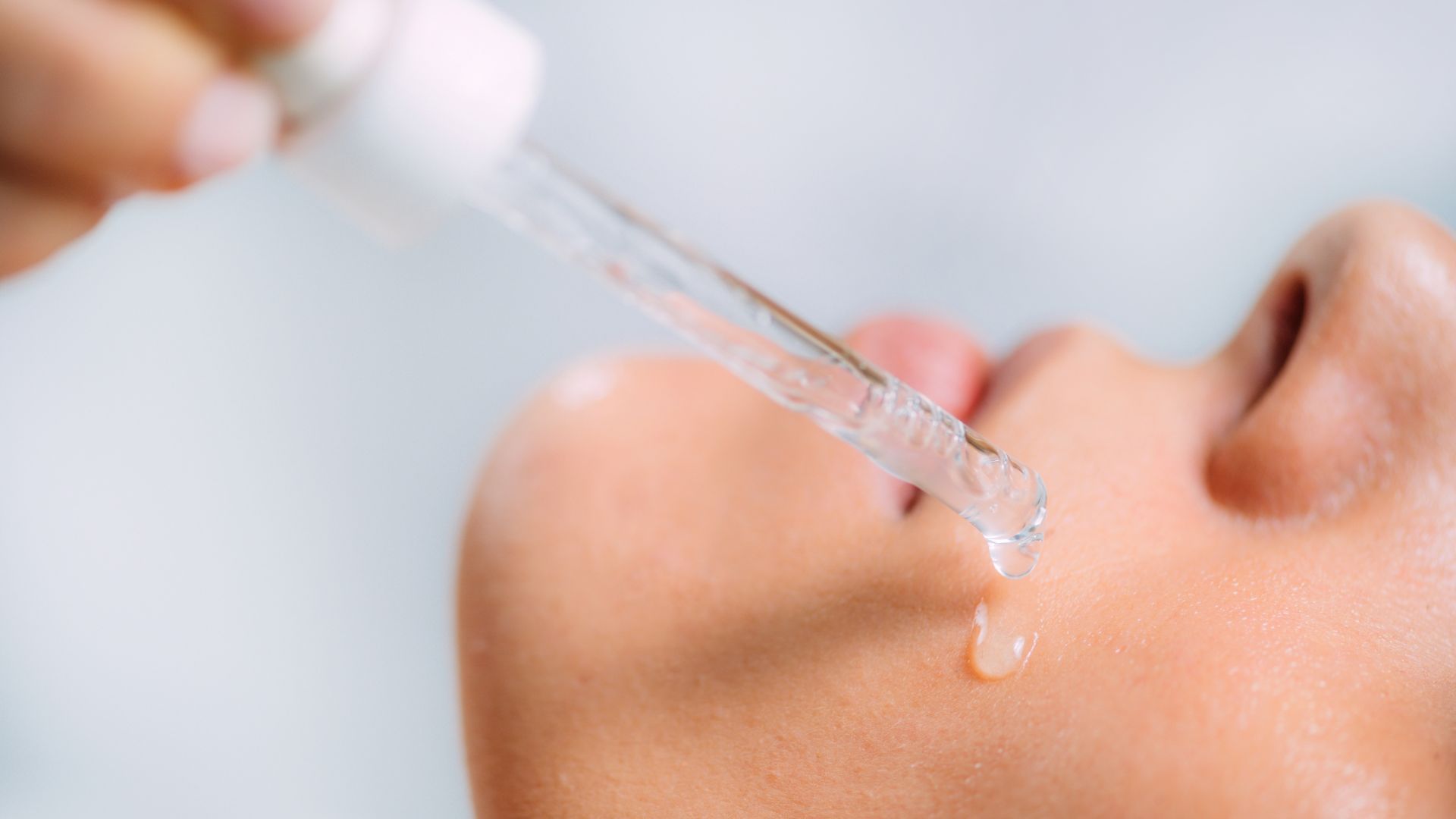
Core actives in effective anti-aging creams include:
- Retinol for collagen stimulation
- Hyaluronic acid for intense hydration
- Peptides for barrier support
- Vitamin C for antioxidant brightening
Each ingredient plays a distinct role in a comprehensive rejuvenation strategy.
Which Ingredients Make the Best Anti-Aging Creams for Rejuvenation?
When selecting top-tier creams, focus on ingredients with proven mechanisms and benefits. The following table highlights the primary activities that drive youthful skin renewal:
| Ingredient | Mechanism | Benefit |
|---|---|---|
| Retinol | Collagen stimulation | Firms skin and reduces deep wrinkles |
| Hyaluronic Acid | Water retention | Plumps volume and smooths texture |
| Peptides | Cell-signaling sequences | Strengthens the barrier and elasticity |
| Vitamin C | Antioxidant neutralization | Brightens tone and protects from UV |
These actives combine to deliver hydration, firmness, and defense against environmental stressors.
How does retinol improve skin elasticity and reduce wrinkles?
Retinol is a vitamin A derivative that binds to skin receptors, upregulating collagen genes and accelerating epidermal turnover. By replacing damaged cells with fresh, collagen-rich tissue, retinol visibly firms the skin and softens deep wrinkles.
Retinol and Skin Benefits
Retinol, a derivative of Vitamin A, is a well-established ingredient for anti-aging skincare regimens, known for its anti-aging and skin-clearing properties. Retinol stimulates skin cell turnover, resulting in an exfoliating effect that can improve skin tone and reduce the appearance of fine lines and wrinkles.
Neutrogena
This source explains the benefits of retinol for the skin.
Why is hyaluronic acid important for hydration and plumping?
Hyaluronic acid is a naturally occurring glycosaminoglycan that attracts and retains up to 1,000 times its weight in water. This moisture-binding mechanism creates a plumping effect, smoothing fine lines and reinforcing barrier integrity.
Hyaluronic Acid and Skin Hydration
Hyaluronic acid is a naturally occurring substance that attracts and retains water, playing a key role in skin hydration. It can bind up to 1,000 times its weight in water, creating a plumping effect that smooths fine lines and reinforces barrier integrity.
Healthline
This source explains the benefits of hyaluronic acid for skin hydration.
What roles do peptides and ceramides play in skin barrier support?
Peptides act as signaling molecules that trigger repair processes, while ceramides restore lipid balance and strengthen the stratum corneum. Together, they improve elasticity, reduce transepidermal water loss, and create a resilient barrier against irritants.
Peptides and Skin Barrier Support
Peptides, which are short chains of amino acids, can strengthen the skin barrier and increase its resistance to environmental harm by boosting the skin's natural defense systems. This shielding effect not only maintains the barrier's integrity but also aids in delaying the appearance of wrinkles, fine lines, and hyperpigmentation.
Naturium
This source explains how peptides can reduce wrinkles and strengthen the skin barrier.
How do antioxidants like vitamin C protect and brighten skin?
Vitamin C neutralizes free radicals generated by UV exposure and pollution, preventing collagen breakdown and melanin overproduction. Its brightening mechanism inhibits tyrosinase activity, resulting in a more even, luminous complexion.
Vitamin C and Skin Brightening
Vitamin C is a potent antioxidant that neutralizes free radicals generated by UV exposure and pollution, preventing collagen breakdown and melanin overproduction. Its brightening mechanism inhibits tyrosinase activity, resulting in a more even, luminous complexion.
Forbes
This source explains the benefits of Vitamin C for skin brightening.
How to Choose the Best Anti-Aging Cream for Your Skin Type and Concerns?
Choosing the right cream depends on your unique combination of skin type and aging concerns. Assess hydration needs, sensitivity levels, and targeted signs—such as lines, spots, or elasticity loss—to find a formulation that balances efficacy and tolerance.
What are the best anti-aging creams for dry and sensitive skin?
Creams formulated for dry, sensitive skin typically feature:
- High concentrations of ceramides and fatty acids are used to reinforce the barrier.
- Soothing botanicals like oat extract and panthenol to reduce irritation.
- Fragrance-free, hypoallergenic bases for gentle hydration and repair.
These attributes deliver anti-aging benefits without triggering redness or dryness.
Which creams work best for oily or acne-prone skin?
Lightweight, non-comedogenic gels and emulsions containing:
- Oil-free humectants such as glycerin and sodium hyaluronate.
- Niacinamide to regulate sebum production and calm inflammation.
- Retinol in microencapsulated form for controlled release without clogging pores.
Anti-Aging Creams for Oily Skin
For oily skin, anti-aging creams should be lightweight and non-comedogenic, often containing ingredients like niacinamide to regulate sebum production and calm inflammation. Retinoids can also be beneficial for oily skin as they help unclog pores and minimize breakouts.
SeoulCeuticals
This source explains the benefits of anti-aging creams for oily skin.
How to select anti-aging creams for wrinkles, fine lines, and dark spots?
For multi-concern formulas:
- Choose retinol-based creams for deep wrinkle reduction.
- Opt for vitamin C and niacinamide blends to fade hyperpigmentation.
- Include peptide complexes to support fine line smoothing.
Targeted actives ensure each aging sign receives specialized treatment.
What Are the Top Recommended Anti-Aging Creams for Youthful Skin?
Best Anti-Aging Creams
Expert-curated selections highlight formulations with robust actives, proven tolerability, and strong user ratings. Key ingredients to look for include retinol, hyaluronic acid, vitamin C, and peptides.
The Independent
This source provides information on the best anti-aging creams.
Which are the best overall anti-aging creams for rejuvenation?
- Retinol-Peptide Fusion Cream – Balances collagen stimulation with gentle peptides.
- Hydra-Plump Barrier Repair – Combines hyaluronic acid, ceramides, and squalane.
- Brightening C+ Complex – Delivers stabilized vitamin C alongside antioxidant blends.
What are the best drugstore anti-aging creams with proven results?
- Neutrogena Rapid Wrinkle Repair – Retinol SA technology for visible smoothing.
- Olay Regenerist Micro-Sculpting – Peptide-infused moisturizer for lifting effect.
Which luxury anti-aging creams offer advanced ingredient formulas?
- La Mer Crème de la Mer – Signature sea kelp concentrate with lipid-rich marine extracts.
- Estée Lauder Advanced Night Repair – Chronolux™ technology for overnight renewal.
How Should You Incorporate Anti-Aging Creams into Your Daily Skincare Routine?
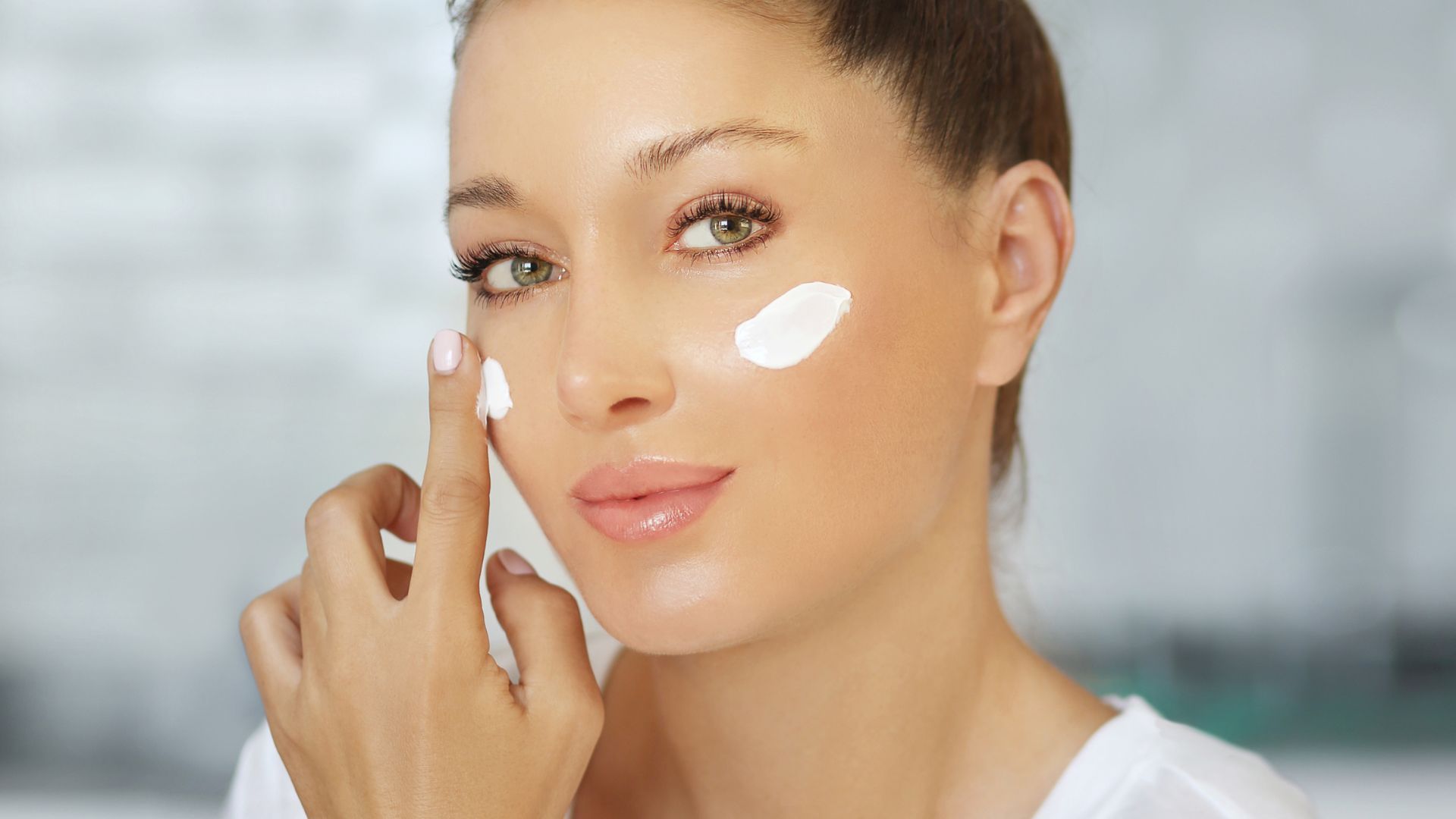
A structured routine amplifies active performance by optimizing absorption and minimizing irritation. Consistency across morning, evening, and supportive care enhances overall anti-aging outcomes.
What is the correct morning routine using anti-aging creams with SPF?
Begin with a gentle cleanser, apply an antioxidant serum to neutralize free radicals, then use a broad-spectrum SPF moisturizer containing lightweight peptides. This sequence hydrates, protects, and primes your skin for the day while maintaining actives from your anti-aging cream.
How to apply night creams for maximum wrinkle reduction?
- Cleanse thoroughly to remove makeup and pollutants.
- Tone with a hydrating mist or gentle exfoliant to refine texture.
- Apply a retinol or peptide-rich night cream in upward strokes to enhance penetration.
Overnight renewal leverages skin’s natural repair cycle for deeper collagen remodeling.
What complementary skincare steps enhance anti-aging effects?
Integrate professional facial rejuvenation treatments for deeper renewal. Facial massage and gua sha tools boost circulation and lymphatic drainage, while weekly enzymatic exfoliation refines surface texture. These complementary approaches reinforce topical benefits and elevate visible results.
Revitalized skin emerges when active ingredients, targeted routines, and supportive therapies work in concert. By selecting creams formulated for your concerns and applying them with purpose, you achieve firmer, smoother, and more luminous skin. Consistent morning and evening regimens ensure long-term rejuvenation and protection. Begin integrating these evidence-based solutions today to maintain a youthful complexion for years to come.


